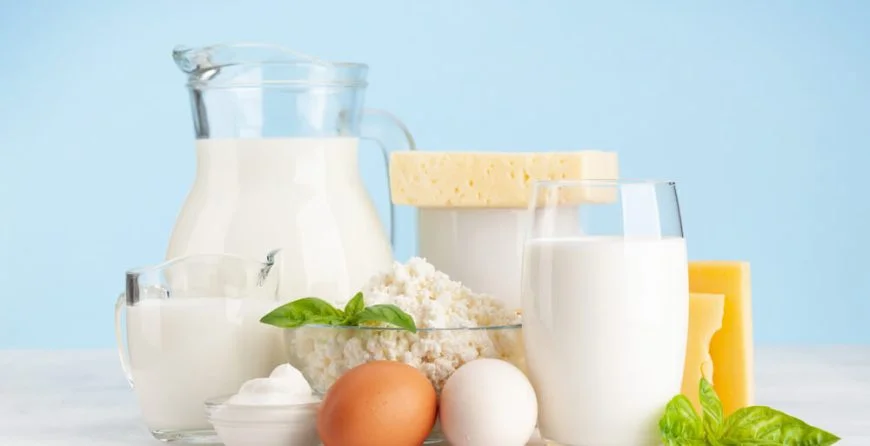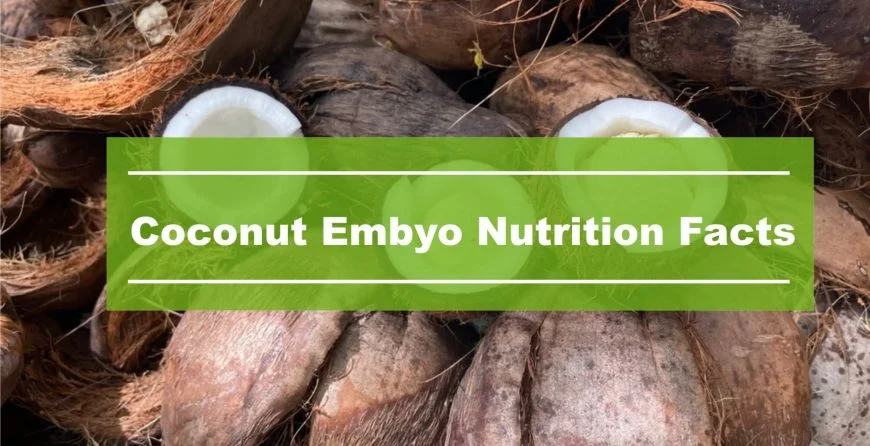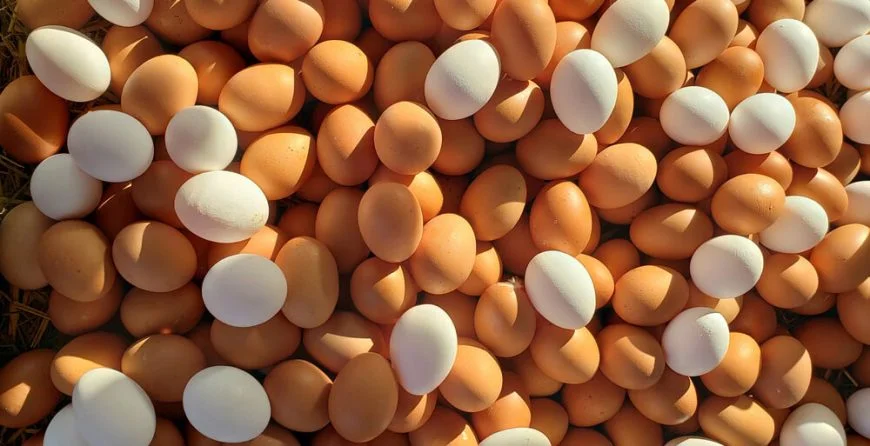What you Want, Find Here ↓
ToggleThere’s no denying that dairy is delicious. But is it good for you? The answer isn’t so clear cut. While dairy has been linked to some health benefits, it also has some potential drawbacks. Here’s a look at the pros and cons of dairy to help you make an informed decision about whether or not to include it in your diet.
Dairy has long been touted as a healthy food choice. After all, it’s a good source of protein and calcium. Plus, studies have shown that consuming dairy can help lower blood pressure and reduce the risk of cardiovascular disease. However, dairy also contains saturated fat and cholesterol, which can contribute to heart disease and other chronic conditions like obesity and type 2 diabetes.
So, what’s the verdict? Is dairy bad for you or good? The answer depends on your personal health and nutrition goals.
Dairy products are a rich source of nutrients such as protein, calcium, vitamin D, magnesium and potassium. The protein in dairy products is similar in quality to the protein found in meat, fish and poultry.
However, there are some health concerns regarding dairy products.
Several studies have found a link between high dairy consumption and increased risk of prostate cancer. If you do consume dairy products, it’s best to select low-fat varieties. Some people are sensitive or even allergic to milk and other dairy products. If you have problems digesting these products, eliminate them from your diet and substitute soy milk or almond milk as an alternative.
Protein in the Diet
It’s important to consume enough protein in your diet. This will help you build and maintain muscle mass, which is essential for weight loss and general health. Protein also helps you feel full longer, so it can be an excellent weight-loss tool. A high-protein diet is considered one that contains 20 to 30 percent of its calories from protein. This can be difficult for vegetarians, but it’s not impossible. Protein is found in all kinds of foods, including grains, dairy products and legumes. It is also found in meat, poultry and fish.
A high-protein diet is considered one that contains 20 to 30 percent of its calories from protein. This can be difficult for vegetarians, but it’s not impossible. The following tips can help you meet your protein needs without meat.
Eat more beans, lentils and soy products. Beans of all kinds contain a lot of protein. Lentils also are high in protein and can be used in many of the same ways as beans. Soy products such as tofu, soy milk and tempeh can be used in place of meat in many recipes.
The Case For Dairy: Is Milk Really Good For You?
Dairy products are a staple in the diets of many people around the world. But is milk really good for you? Some experts say yes, while others are not so sure.
There are several nutrients in milk that can be beneficial to your health, including calcium, potassium, and vitamin D. Milk also contains protein and fat, which can help you feel full and satisfied after a meal.
However, some people are allergic to dairy products or cannot tolerate lactose, the sugar found in milk. Additionally, milk from cows treated with hormones or antibiotics may not be as healthy as advertised.
So what’s the verdict? While milk may have some health benefits, it’s not necessary for everyone to consume it. If you do choose to drink milk, opt for organic, hormone-free varieties whenever possible.
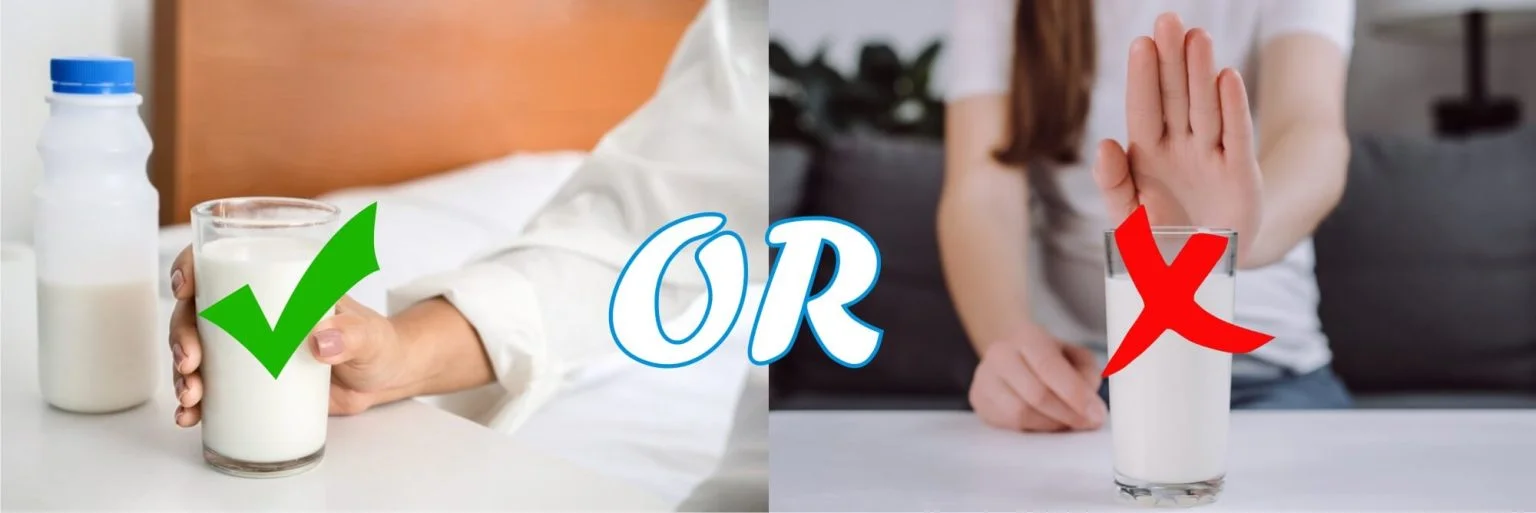
The Case against Dairy: Why Milk Might Be Bad For You
The debate surrounding dairy is one that has been ongoing for many years. Some believe that dairy is an essential part of a healthy diet, while others believe that it may be harmful. There is some evidence to suggest that consuming dairy may be associated with certain health risks, such as cancer and heart disease. However, it is important to note that this evidence is far from conclusive. More research is needed in order to determine whether or not dairy is truly harmful to our health.
There is a growing body of evidence that suggests that milk consumption may be detrimental to one’s health. A number of studies have shown that milk can contribute to a number of health problems, including heart disease, cancer, and osteoporosis. While the exact mechanisms by which milk contributes to these conditions are not fully understood, it is clear that milk is not the healthy food it is often purported to be.
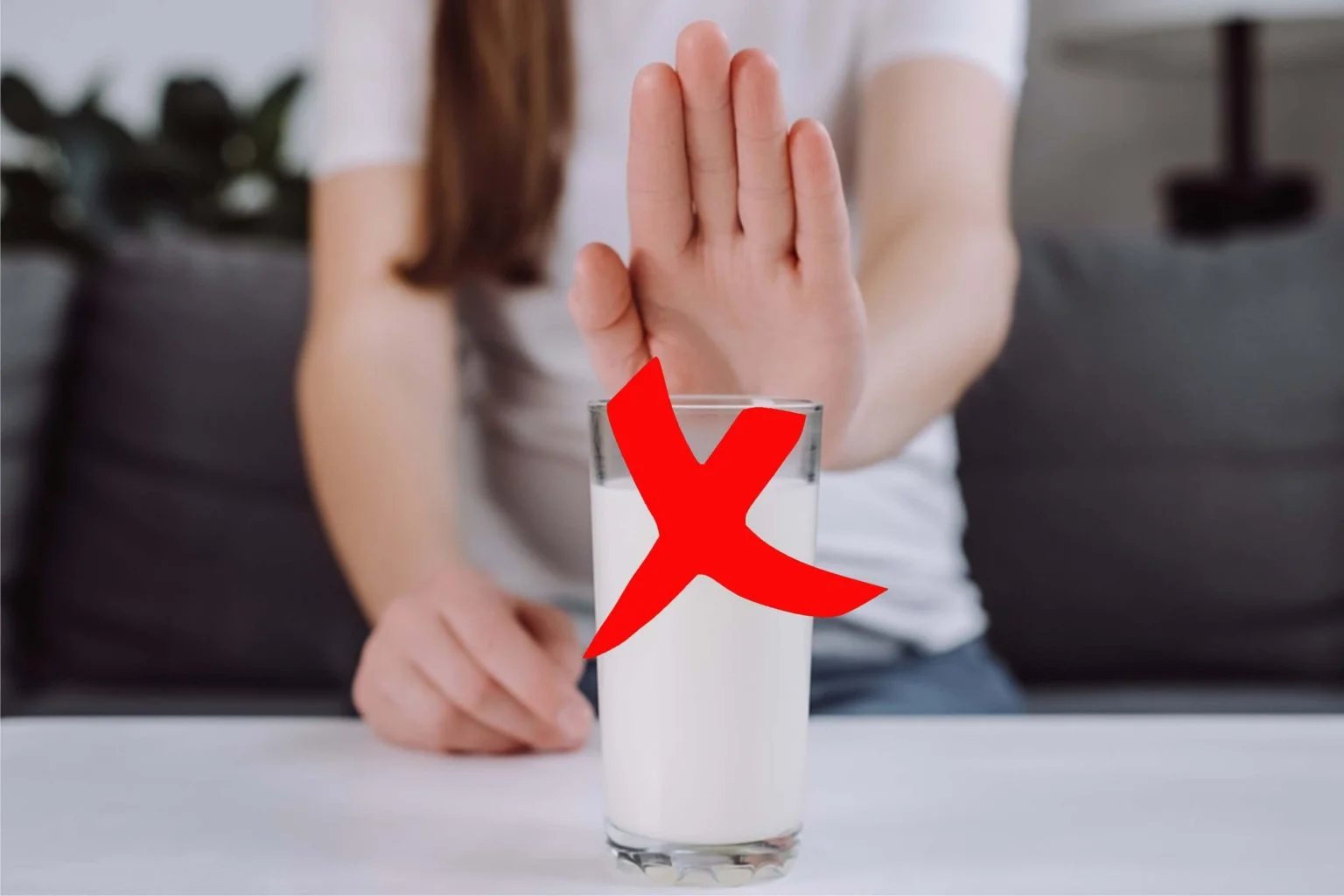
The Truth About Dairy: What the Science Says
There’s a lot of confusion out there about dairy and its impact on our health. Some people say it’s essential for strong bones, while others claim it’s a major cause of heart disease and cancer. So, what does the science say?
Here’s the truth about dairy: it can be part of a healthy diet, but it’s not necessary. There are many other good sources of calcium, vitamin D, and other nutrients that are found in dairy products.
The Dairy Debate: Is It Healthy or Unhealthy?
A series of studies in 2015 and 2016 showed that people who consumed two or more servings of low-fat dairy products per day had a lower risk of stroke than those who consumed less. A study published in the American Journal of Clinical Nutrition showed that women who consumed more than three servings of low-fat dairy products per day had a lower risk of developing colorectal cancer. The study examined data for 86,892 women ages 50 to 79 who participated in the Women’s Health Initiative Observational Study. The women were followed for a median of 12 years.
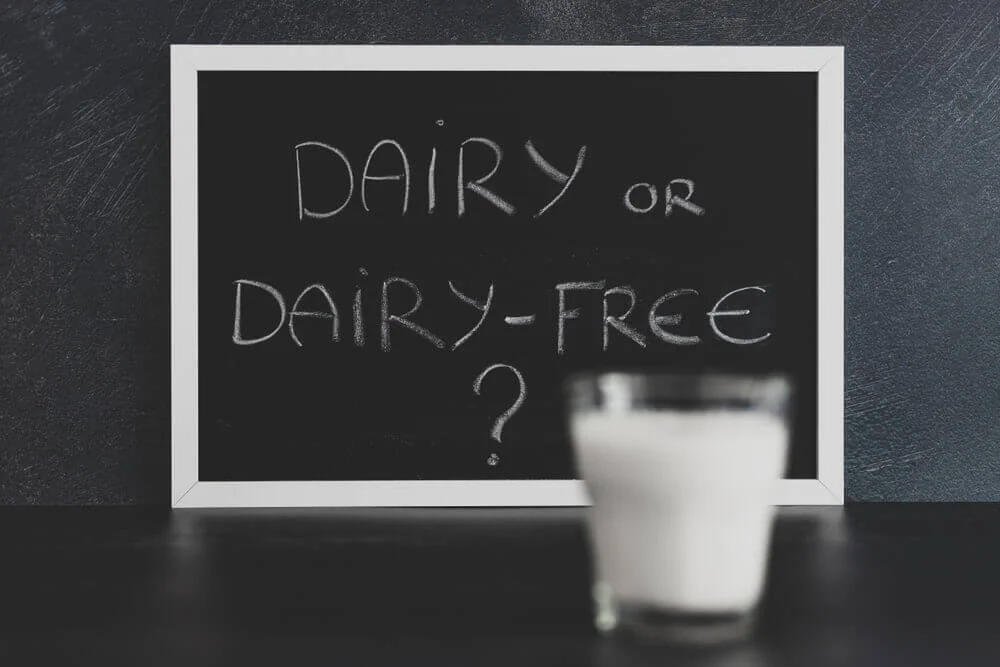
Outcomes included death from all causes, cardiovascular disease and cancer. In addition, the researchers looked at cause-specific deaths and deaths due to cardiovascular disease and cancer. The researchers found that patients with a low adherence score — less than 80 percent of the maximum possible points — had a 30 percent higher risk of death from all causes and cardiovascular disease, compared to patients with high adherence (greater than 80 percent). The team also found that the association between high adherence and lower risk of death and cardiovascular disease remained significant even after adjusting for other established risk factors for death, such as age, sex, diabetes, hypertension, lipid levels, smoking status and level of income. The team found that the association between high adherence and lower risk of death and cardiovascular disease remained significant even after adjusting for other established risk factors for death, such as age, sex, diabetes, hypertension, lipid levels, smoking status and level of income.
Is Dairy Bad For You: Or The Secret To A Flawless Complexion?
The dairy industry is a controversial topic. Some people believe that dairy is essential for good health, while others believe that it is harmful. There is no definitive answer to whether dairy is bad for you or not. However, there are some potential risks associated with consuming dairy products.
These include:
1. Increased risk of heart disease: Dairy products contain saturated fat, which can increase your risk of heart disease.
2. Potential for milk allergies: Dairy is a common allergen.
3. Linked to acne: Some studies have linked dairy consumption with acne.
4. Increased risk of breast cancer: Some studies have shown that women who consume large amounts of dairy products may have an increased risk of breast cancer.
5. Increased risk of prostate cancer: Some studies have shown a link between dairy consumption and prostate cancer.
6. The lactose intolerance: While the majority of people can tolerate lactose, some cannot – especially those of African or Asian descent.
7. Allergic reactions: In some people, dairy products can induce an allergic reaction.
8. Increased risk of ovarian cancer: Studies have suggested a link between high-fat dairy foods and ovarian cancer risk.
9. Risk of food-borne illnesses: Dairy products are prone to contamination from bacteria like E. coli and Listeria, which can cause serious food-borne illnesses that may even be fatal.
10. Osteoporosis: The high levels of protein and phosphorus in dairy foods can lead to loss of calcium from the bones, leading to osteoporosis.
11. Lymphatic system: The consumption of dairy foods can lead to a sluggish lymphatic system.
12. High blood pressure: Dairy foods are high in saturated fats and cholesterol, which can cause an increase in blood pressure.
13. Liver problems: Dairy foods can put a lot of stress on the liver.
14. Weight gain: Dairy foods are full of calories and saturated fats. Consuming them in large quantities may lead to weight gain.
15. Heart attacks: A study found that the risk of heart attack is lower in people who consume less than 2 servings of low-fat dairy foods a day.
16. Reproductive disorders: Dairy foods are known to cause reproductive problems like ovarian cysts, infertility and even miscarriages.
17. Causing cataracts: The artificial hormones given to cows and milk products have been found to cause cataracts.
18. Causing osteoporosis: Low-fat dairy foods are high in protein and estrogen, which results in increased levels of calcium loss from the body.
19. Worsening acne: Milk is a common cause of adult acne.
20. Keeping your body in an acidic state: The high protein content in dairy products can increase the secretion of acids in the stomach, keeping the body in an acidic state.
21. Making you feel tired: Many people become tired after they eat a dairy product-this is because dairy products have been shown to deplete the body of important vitamins and minerals such as magnesium, calcium, B12, B6, and folic acid that are needed to produce energy.
22. Making you crave sugar: When insulin levels are elevated, your body becomes deficient in magnesium and will start to crave sugar.
23. Causing water retention: Dairy products can cause the kidneys to retain fluid, which causes swelling and weight gain.
24. Causing digestive problems: Due to their high sugar content and the difficulty your body has breaking them down, dairy products can cause a variety of digestive problems, including diarrhea and constipation.
25. Causing allergies: Dairy is one of the most common food allergens.
26. Causing anemia: Milk and dairy products can cause iron deficiency anemia, due to the fact that your body cannot completely digest them.
27. Making you fat: The saturated fats in dairy products can cause obesity and weight gain.
28. Making you constipated: The milk sugar lactose, which is a carbohydrate, can cause intestinal gas, bloating, and constipation.
29. Making your children fatter: Children who are breast-fed are less likely to be obese than those who are bottle-fed with formula.
30. Feeding disease: Dairy is linked to ovarian, colon, and breast cancer.
31. Causing acne: High levels of hormones in milk can cause acne problems in teenagers.
32. Raising your cholesterol: Dairy products have high levels of cholesterol.
33. Elevating blood pressure: High levels of sodium in dairy products can cause high blood pressure.
34. Stress fractures: Calcium and vitamin D are essential for bone health, but dairy products are actually the leading cause of stress fractures.
35. Erectile dysfunction: Dairy products can have a negative impact on sexual performance.
36. Fertility issues: The hormones in dairy products may affect female fertility.
37. Allergies: Dairy is one of the top eight food allergens, along with peanuts, tree nuts, eggs, fish, shellfish, soy and wheat.
38. Acne: A study conducted in Australia found that acne sufferers who avoided all dairy products had significant improvement.
39. Dieting: Dairy products are extremely high in calories, and most people don’t need to be eating them.
40. Digestive Problems: People who suffer from gastrointestinal problems often find that they improve dramatically when they avoid dairy products.
41. Eczema: A study published in the Journal of the American Academy of Dermatology found that dairy consumption is a risk factor for developing eczema.
42. Food Poisoning: According to the Centers for Disease Control and Prevention, dairy products are the leading cause of food-borne illness.
43. 4% of all outbreaks between 1973 and 1997 were linked to dairy products.
Cruelty:
Every year, approximately 2 million cows are used for milk production in the U.S. alone. Most of these animals are sent to slaughter after only 2 or 3 years. Cows are artificially inseminated and kept pregnant for the duration of their production cycle. Their babies, known as “bobby calves”, are either killed immediately or sold to veal farms. There is no such thing as humane meat.
The Milky, Cheesy Truth: Is Dairy Good For You... Or Just Delicious?
The debate on whether dairy is good for you is one that has been around for years. Some say that dairy is essential for strong bones and teeth, while others claim that it is nothing more than a delicious, but unhealthy, food group. So, what is the truth?
Well, the answer may not be as simple as you think. While there are some health benefits associated with dairy consumption, there are also some potential risks.
Dairy and Bone Health
A study published in the Journal of Nutrition found that milk and yogurt may help prevent bone fracture. The researchers analyzed data from 14 studies that each followed a group of at least 1,200 participants over the course of one to 20 years. Those who consumed milk and yogurt were found to have a 20% lower risk of bone fracture compared with those who did not. Those in the studies who drank milk also had a 10% reduced risk of hip fracture. Bone health is important for overall health and well-being.
Osteoporosis is a condition that affects about 10 million Americans, according to the National Institutes of Health (NIH). It occurs when the bones lose density and become weak, which can result in fractures. The NIH notes that women are more likely to get osteoporosis than men, but it affects people of all ages. Older people are at the greatest risk for developing the disease, and it’s also common in both males and females with a family history of the condition.
Conclusions
In conclusion, there is no one definitive answer to the question of whether or not dairy is bad for you. Some experts believe that it can be beneficial, while others caution against consuming too much. Ultimately, it is up to each individual to decide what works best for their own health so there is no concrete evidence that dairy is bad for you. However, there are some studies that suggest that dairy may not be as beneficial as once thought. More research needs to be done in order to make a definitive conclusion. In the meantime, enjoy dairy in moderation and make sure to get plenty of other nutrients in your diet.
If you are trying to lose weight, however, it is probably best to avoid dairy. Dairy products are high in calories, and a diet high in calories will only make it harder for you to lose weight. If you want to lose weight and are not lactose intolerant, you can try switching to low-fat dairy products. So be smart about it, and if you really love milk and other dairy products, try to limit your intake.
Related
- Sheep Milk Health Benefits
- Reindeer And Moose Milk Benefits
- Why Goat Milk Known To Similar To Human Milk?
- Yak Milk Nutrition Facts
- Is Buffalo Milk Is More Nutritious Than Cow’s Milk?
- 11 Natural Non-Dairy Vegan Alternatives Of Milk
- Skyr : Why It Is Nutritious And Super Healthy?
- Kefir : 6 Evidence Based Health Benefits Of It
- 6 Benefits Of Greek Yogurt
- Frozen Yogurt: Is It Low In Fat?
- Yogurt Nutrition Facts and Health Benefits
- Does Butter Contain Lactose?
- 6 Dairy Foods That Are Naturally Low In Lactose
- Camel Milk Cheese and Health Benefits
- Why Cottage Cheese Is Super Healthy And Nutritious?
- Is Whole Milk Better Than Low-Fat And Skim Milk?
- Does Milk Block Antioxidants In Foods And Beverages?
- Camel Milk: A Treatment For Leukaemia
- Feta Cheese: Good Or Bad?
- Cheese Nutrition Facts and Health Benefits
- Is Dairy Really Good For Your Bones?
- Does Dairy Cause Or Prevent Cancer?

